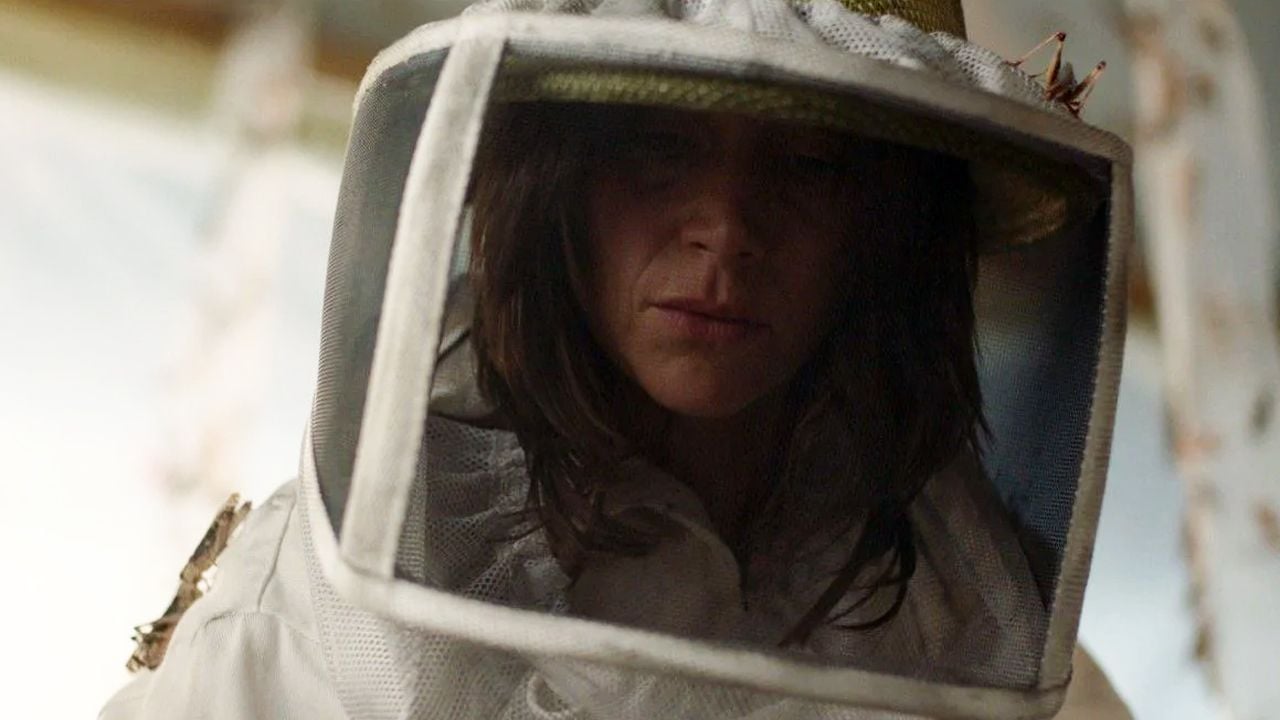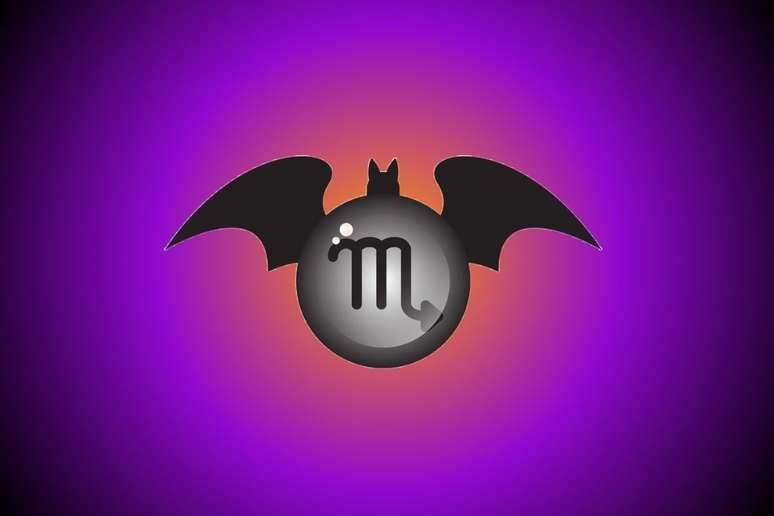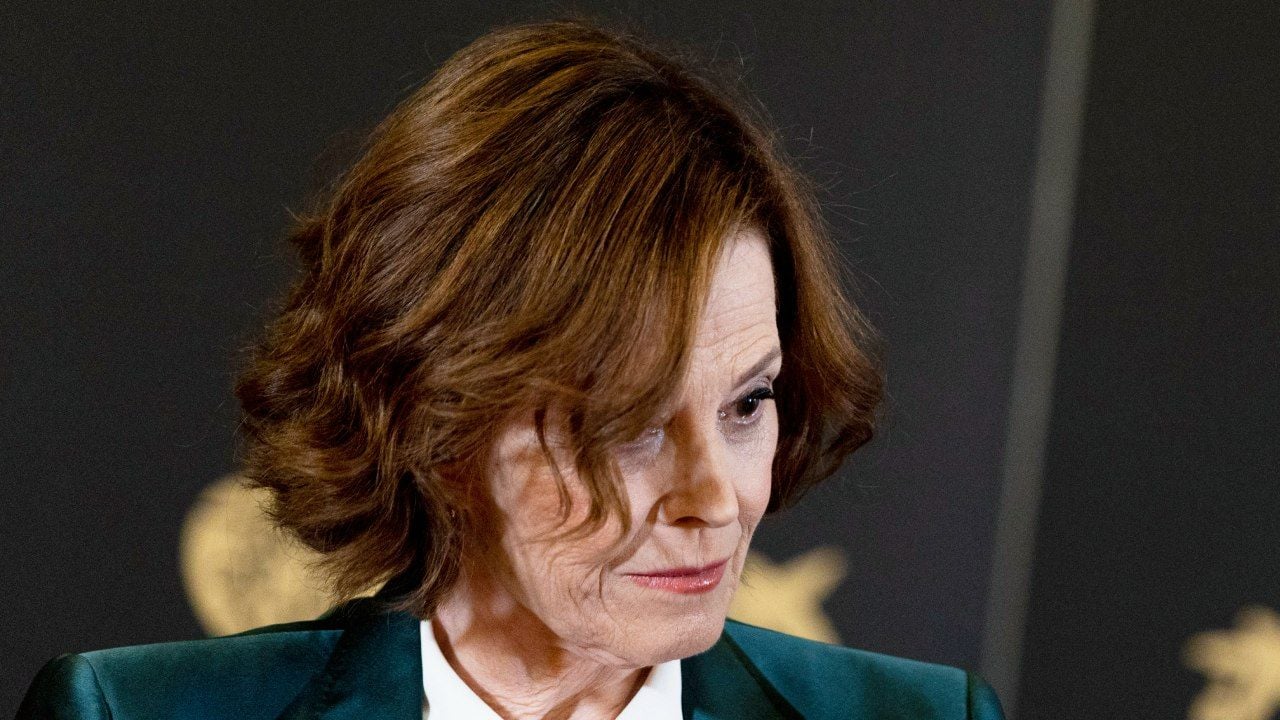Biebers, Lovaters, and Sonzers spent the week heavily bombarding those who spoke ill of their idols – a generational extremism that can reveal something greater than a fan’s passion.
They spent the week sending angry messages to the critic who decided to speak ill of their idols. In just one night, the third of Rock in Rio, I was able to fight with three armies at the same time: Justin Bieber fans, Demi Lovato fans and Luisa Sonza fans. Anyone who wanted to throw a stone had to get a password and get in line. And it wasn’t because they wanted to appeal to their audience that the lyrics pointed to drawbacks on stage, but simply because they do what someone who is paid to analyze a show should do: point out what’s good and what could be better. And believe me, not even João Gilberto did all the perfect shows, even if no critic had the courage to desacralize him. It was less unpopular to kick the saint.
Justin Bieber fans doubled their passion when they saw a weakened idol Photo: MAURO PIMENTEL / AFP
The only time I did – speaking ill of João, not kicking the saint – saying that the wizard of Juazeiro wasn’t having one of his best evenings, a fan sent a letter to the newspaper reporting João’s genius and asking me for a summary of the payroll of the execution. In another, on Titãs, which publishes volume 2, the same manager of the band wrote a fax to the editor of the newspaper saying that I shouldn’t have written what I wrote. Another nice one: outraged by a comment I made on Cosmotrom, a Skank album that I liked very much, Samuel Rosa himself called the newspaper’s landline, whose number I didn’t even know to denounce his counter-criticisms without choosing much polite words. .
Dissatisfaction with criticism arose with criticism itself, towards the end of the 18th century, when only classical music was written. But there are interesting generational peculiarities to the anger of new fans. Many of them have never read a review, not because they don’t want to or don’t know how to read it, but because they, the reviews, almost no longer exist, and what they might think is a review, in fact, streaming is not necessary to join forces. with idols and their respective fans to please, attract, tag, hashtag and be shared. Speaking badly takes work, needs discussion, and leads nowhere. Indeed, it leads to the cancellation and the electric chair of the haters. As a matter of survival, it is better to avoid fatigue and say that everything is, as Marcos Mion and his team say in the Multishow broadcasts, “incredible” and “historic”. Matuê did a historical show, Post Malone is great, Luisa Sonza did a historical show, Justin Bieber is great. If we try to draw a straight line from the MTV coverage of the 90s to the Multishow broadcasts of 2022, we will draw a sketch of a canyon.
The “night of hate” didn’t even have that much hate. Demi Lovato, who I had just praised and given four stars to the Holy Fvck album, said that she, contrary to what she showed in the studio, has less vocal support. The album looked better. “Did you have an ear in … by any chance?” wrote a young man. Of Justin Bieber, I mentioned that he used shameless lip syncing, the kind that TV catches when his lips lock and his voice keeps coming out of the box. After sending five or six audios, one fan wrote: “I know you won’t hear it, but I had to let off steam.” In fact, I didn’t. And of Luisa Sonza, I wrote that she is an example of an idol created by the Spotify audience, and there is no problem when an idol becomes an artist – which has not yet been the case with Luisa Sonza. Spotify, you said, forms idols, not artists. But the phases, I say now, accept only the seconds.
It doesn’t seem like much, but two years without a festival is an eternity for someone who has never been there. Those who were 13 before the pandemic are now 15 and have their bellies glued to a grid for the first time. They are the first fans, some of the most outraged by anything that brings something back against their idols. They are beautiful, full of hope and full of life – and I don’t say any of this to harass them for being on the side of a grumpy old critic. On the contrary, it would only annoy me and annoy me. The richest phase of criticism should be this, in which we can have the time of the show, the time of the criticism and – with the right to the share of hater and all the rest – the time of the counter-criticism. The absolute truth of the critic no longer exists, but must be challenged in more noble places, such as well-curated blogs, videos and YouTube channels. To reduce one’s opinion to hateful three-line posts on the critic’s page is to settle for the mediocre position of foul-mouthed appearance – something that will only give the most public critic and, believe me, will make him more vain. The non-negotiable guard of the sacred is healthy, brings strength of character and is the one thing that hasn’t changed in this show business since Elvis Presley. Just pay attention to the blindness contracted by the sacralization of anything. The country is not in this mud by accident.
Source: Terra
Emily Jhon is a product and service reviewer at Gossipify, known for her honest evaluations and thorough analysis. With a background in marketing and consumer research, she offers valuable insights to readers. She has been writing for Gossipify for several years and has a degree in Marketing and Consumer Research from the University of Oxford.







